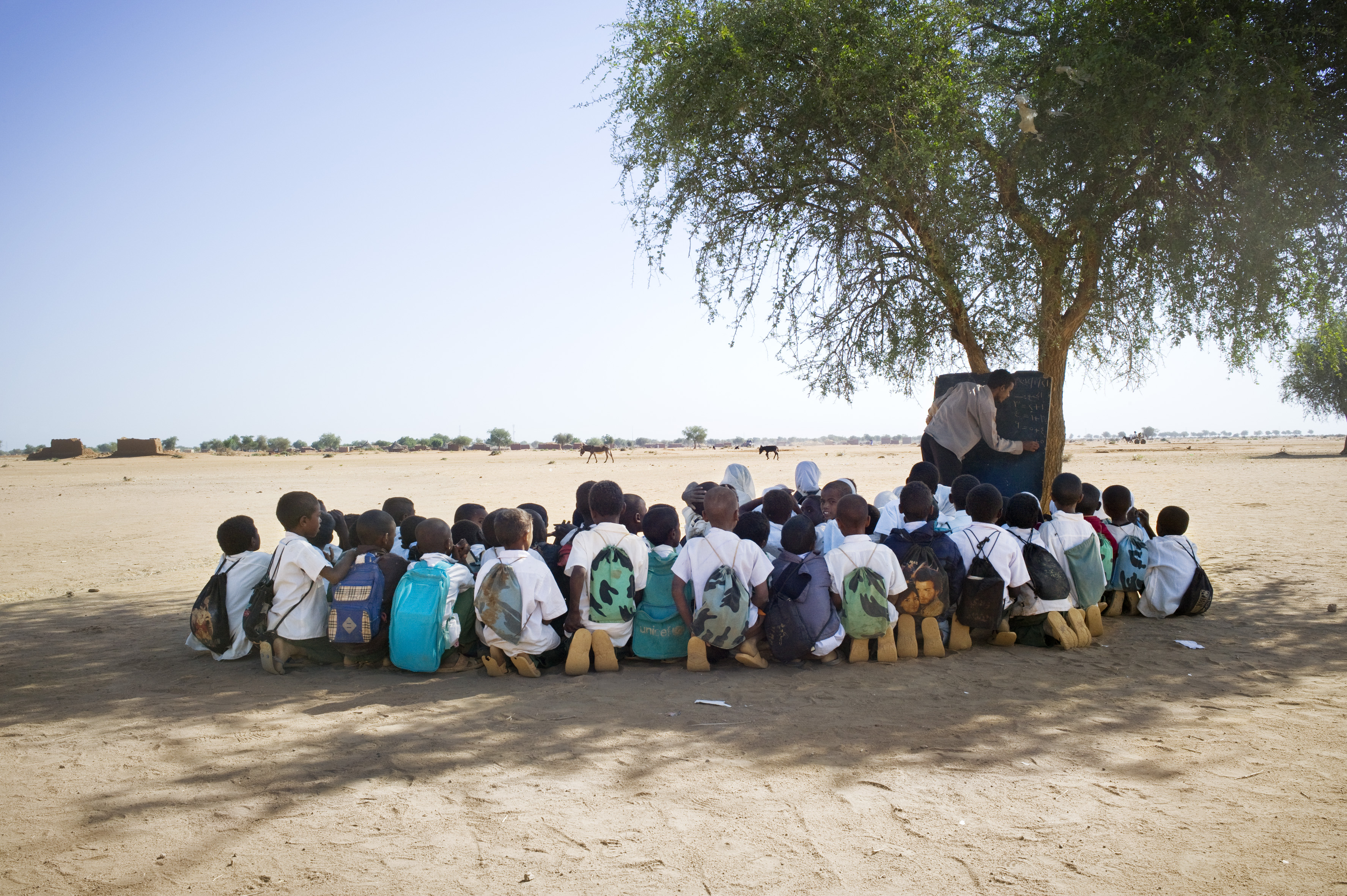
Policies
Colombia’s Inclusive Education Policy for Migrants
Context and Problem
Colombia holds 1.8 million of the 6 million Venezuelan refugees in the world. The country is required to receive and integrate these refugees into the country. Thus, in 2017, the Government of Colombia (GoC) passed a special permit 2017 that regularized the migrants for two years and allowed them to participate in the formal economy. The GoC had to develop a way to simultaneously integrate Venezuelan students into the formal education system.
Solution
The Ministry of Education (MoE) allocated $12.5 million in 2021 to education, almost 4.5% of the countries GDP, which is a higher allocation than several other countries globally. The MoE worked alongside international partners and other GoC sectors to integrate these students into the system. The MoE and its partners created and implemented training and programming support to schools for the school administration and its teachers. The program focused on improving teachers understanding of the policy implementation (they why and its importance) and how to teach in a multicultural classroom. Teachers were accepting of the Venezuelan students. They held activities to combat discrimination and had open discussions on inclusions.
There were some problems with this approach. Firstly, the Venezuelan students felt the impact of the curriculum difference between the system they were used to and the one being offered to them. Additionally, the workload was relatively higher for them and the speed of learning. The MoE and its partners are working on the next stage now: high quality learning, and the issue of documentation so students can be streamlined into the workforce much more easily.
Impact
In November 2018, there were 34,000 Venezuelan students in schools. In October ’21, this number increased more than 10-fold to 463,000. By integrating them into the formal education system, the GoC also gave hope to these kids for a better future, and reduced racism within the populations.
Analysis
This program showcases that by effective Public-Private partnerships and prioritizing human welfare, great things can be achieved. The program utilized a cohesive framework and kept inclusivity as its foundations. By doing these things, the GoC was able to successfully integrate the Venezuelan students into its education system without hindering its economic progress. Countries around the world should increase its educational expenditure and aim to emulate such policies.












